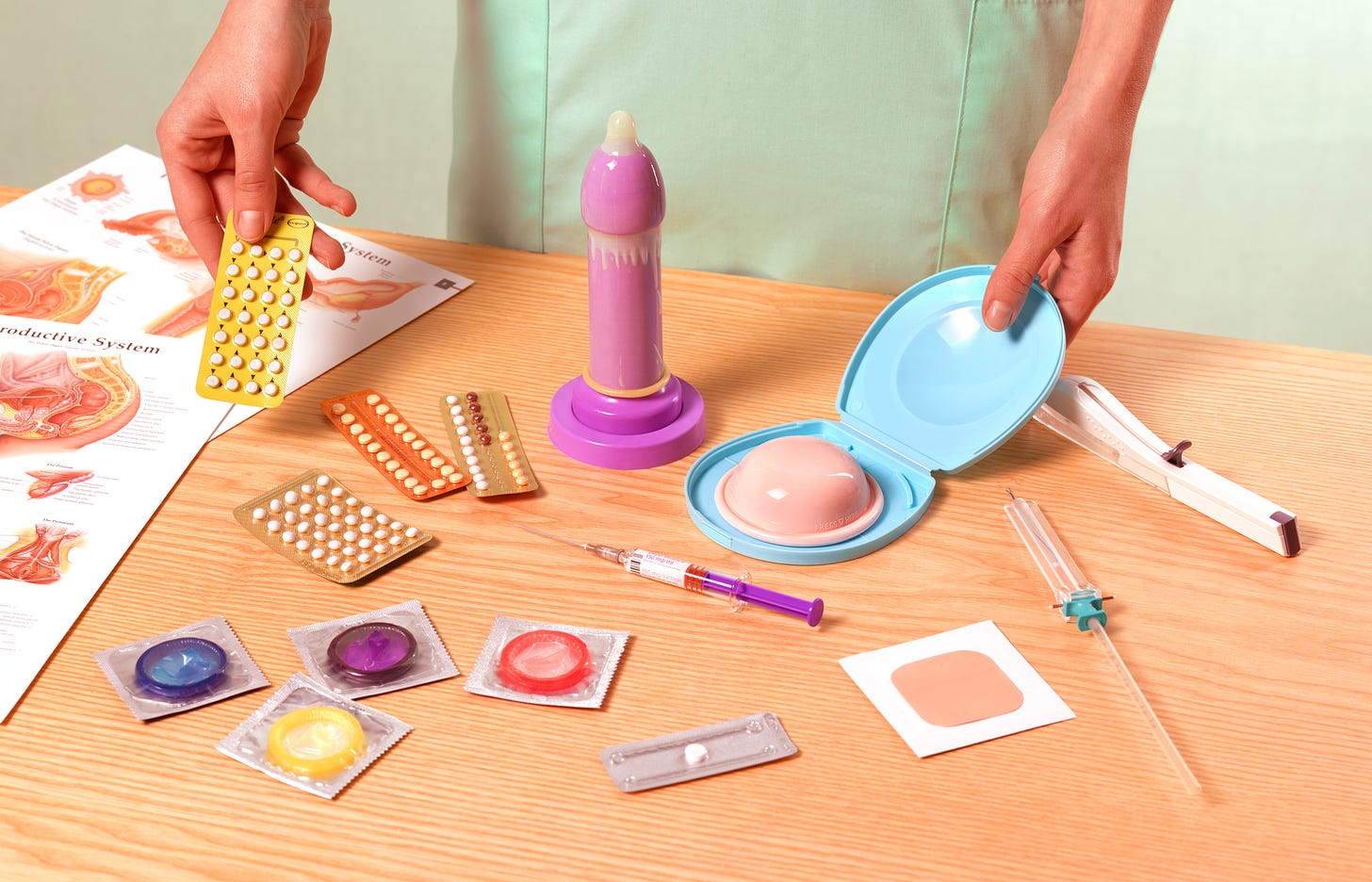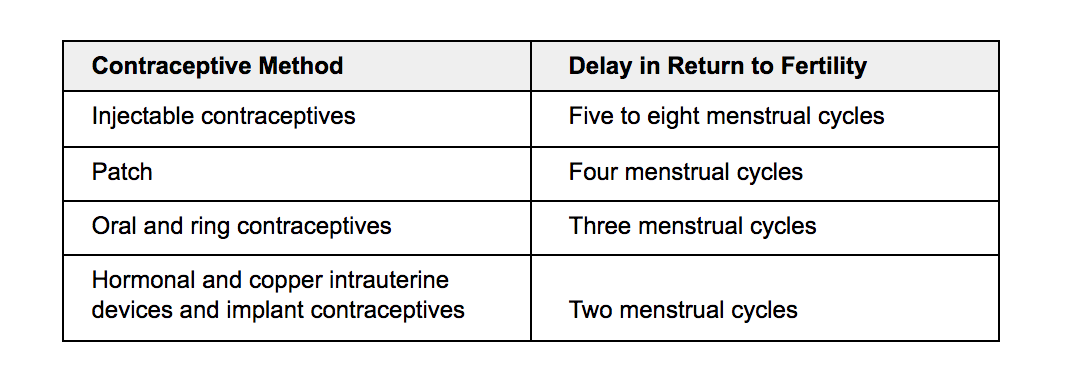Can the pill cause infertility? I’ve seen some naturopaths make that claim.
— via Instagram
Quick Take…
There is no evidence to support a link between infertility and any form of reversible contraception, be it IUD, pill, patch, ring, shot, or implant.
Tell Me More…
The myth that contraception causes infertility has been around for a long time — at least as long as I have been in medicine (meaning since the 1980s). I’ve actually been through several cycles of “pill scares.”
It is important to acknowledge there were serious concerns with the Dalkon Shield, an IUD used in the 1970s and early 1980s. It led to infections, which caused infertility for some women, either due to scarring from the infection or the hysterectomy that was needed for treatment. The Dalkon Shield saga is not an indictment of contraception or even IUDs; rather, it is what happens when a product isn’t well-studied and when safety concerns are ignored. Understandably, fear and concerns about the Dalkon Shield spilled over to all IUDs. For many years, American doctors were taught that IUDs were linked to infertility, and they passed this incorrect information along to their patients. We now know that modern IUDs—very different devices from the Dalkon Shield— are not linked to infertility (we’ve actually known this since 2001).
A new study published in the British Medical Journal gives us good data on when return to fertility can be expected after contraception. This study evaluated almost 18,000 women in Denmark and North America who were using hormonal contraception, IUDs, and natural family planning and compared their return to fertility after stopping these methods with those women who were using barrier methods and then stopped. The women were followed for one year to see when they conceived.
The results? There was an average delay in return to fertility of a few months depending on the method used, but by one year, no statistically significant difference remained. The average delay in return to normal fertility in this study was as follows:
The length of use of contraception was not associated with a delay in return to fertility, meaning use the pill for ten years or one year and the effect was the same. There was no evidence of a long-term impact on fertility. This is in keeping with previous data.
The delay of two cycles with the IUD could be the time it takes for the inflammatory effect on the lining of the uterus to disappear. We know both these methods induce inflammation; this is one of the mechanisms by which they are believed to work as contraceptives and also the hypothesis of how they reduce the rate of ovarian cancer.
The delay of three to four cycles with the pill, patch, and ring could be a lingering effect on the complex hormonal mechanisms on the brain, as these methods inhibit ovulation (act on the brain-ovary connection) as part of their method of contraception. A slightly lingering effect is not unanticipated. After all, there is a delay of two to four weeks after a term pregnancy and the first expected menstrual period.
Both the implant and the injection are a type of hormone called a progestin. As hormone levels drop almost immediately when the implant is removed, but can linger for several months with the injection, it makes sense that lingering levels could explain the delay in fertility for the injection. But this is a delay, not a permanent change.
A Side Note...
I too have seen incorrect claims from naturopaths about hormonal contraception and fertility. Often these false claims are followed with the “good news,” that “special supplements” are available to help reverse so-called “damage” caused by the pill.
One claim that seems to be popular is that the progestins (progesterone-like hormone) in hormonal contraception can “damage” the lining of the uterus (endometrium), hence impacting fertility. This is an unsound hypothesis and not based in any credible medical literature. In fact, the study quoted above refutes this thoroughly. If progestins damaged the lining of the uterus, there would be a longer delay in return to fertility with the progestin IUD, which delivers high levels of progestin to the lining of the uterus, versus the copper IUD. But we don’t see that at all.
The myth that contraception can lead to infertility is often part of “pill scares” and is apparently popular not just in some religious communities (and doctors from these communities), but also among some naturopaths. Interestingly, both use the same language: the need or quest to be clean or cleanses, pure, and natural. An interesting similarity.






‘After all, there is a delay of two to four weeks after a term pregnancy and the first expected menstrual period’ - this seems inaccurate, why no mention of lactational amenorrhea? This is only possible if you do not breastfeed at all. My period didn’t return for 15 months post partum with my first and my second child is 13 months old and still no period. From what I’ve heard from other breastfeeding mums I am not an isolated case. I get that you can’t assume women will or can breastfeed but you also don’t need to go to the opposite extreme of assuming that they won’t.